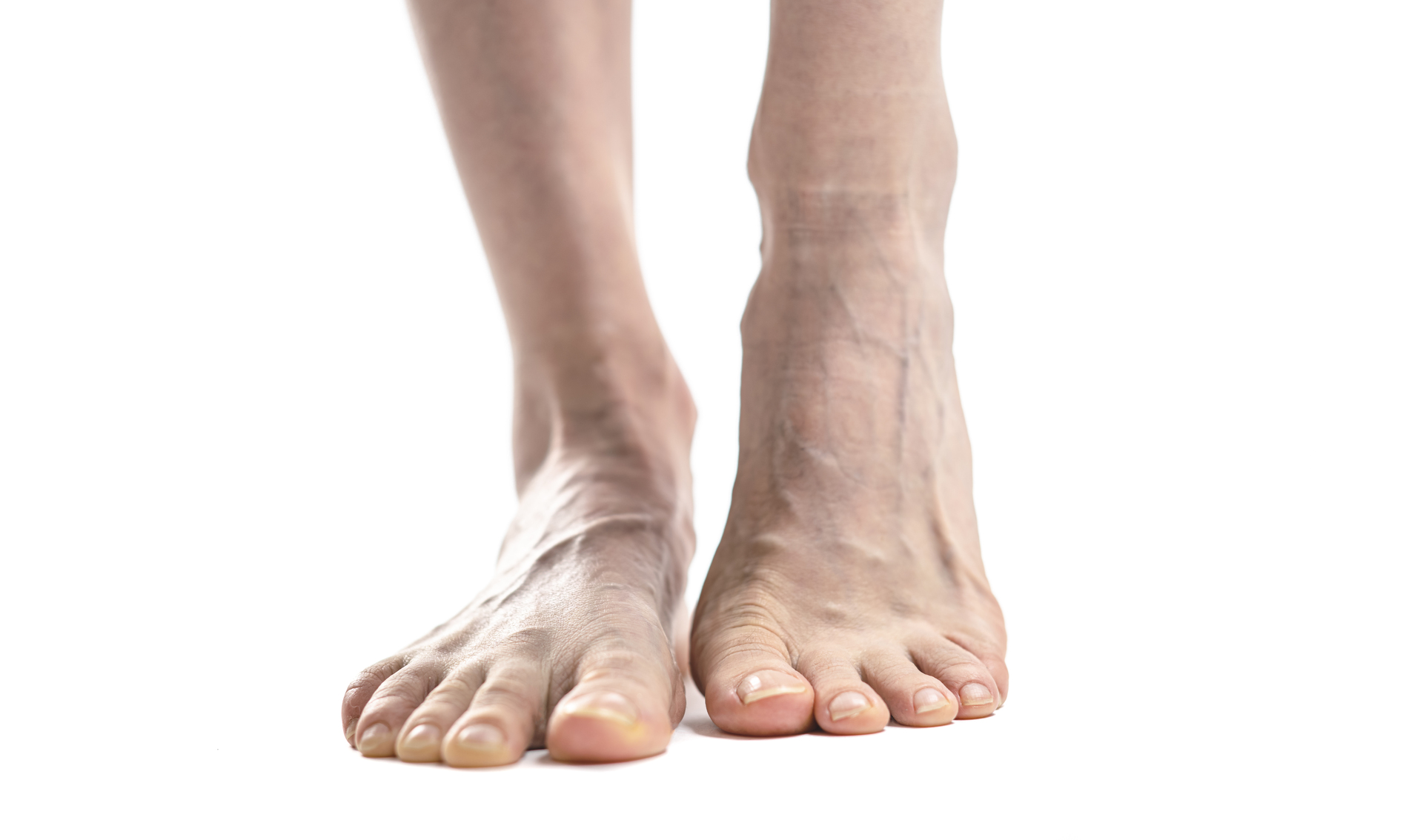When it comes to managing varicose veins, we often hear about compression stockings, leg elevation, and exercise. But did you know that your footwear plays a significant role in either relieving or worsening your symptoms?
According to Dr. Ashish Dhadas, a renowned Varicose Veins Specialist in Thane, the kind of shoes you wear can influence the pressure on your legs and veins, and even affect the progression of vein issues.
How Footwear Affects Varicose Veins
Varicose veins are enlarged, twisted veins caused by faulty valves that allow blood to pool in the legs. Prolonged standing, poor circulation, and excessive pressure on the lower limbs worsen the condition. Surprisingly, the wrong footwear—especially those that don’t support proper calf muscle function—can make things worse.
Shoes to Avoid if You Have Varicose Veins
- High Heels:
Wearing high heels regularly shortens the calf muscle and reduces its pumping efficiency. This can impair circulation and increase blood pooling in the veins. - Flat, Unsupportive Shoes:
Ballet flats or flip-flops may seem comfortable, but they offer little to no arch support. This can lead to improper weight distribution and reduced venous return from the legs. - Tight Shoes:
Footwear that compresses the toes or arches can restrict circulation, adding to the discomfort caused by varicose veins.
Recommended Footwear for Varicose Veins Patients
Dr. Ashish Dhadas suggests choosing shoes that promote proper blood flow and support your lower limbs. Here are his top recommendations:
✔️ Low-Heeled Shoes (1–2 inches):
These encourage optimal calf muscle activity, which helps in pumping blood back to the heart.
✔️ Orthopedic or Supportive Footwear:
Shoes with arch support and cushioned soles minimize strain on the legs and improve posture.
✔️ Athletic Shoes (with proper fit):
Walking or running shoes designed for support can be great for daily wear, especially if you’re on your feet a lot.
✔️ Compression Stockings (paired with proper shoes):
While not footwear per se, compression stockings can be worn with comfortable shoes to provide added support for your veins.
Additional Tips from Dr. Ashish Dhadas
- Alternate between different shoe styles during the week.
- Avoid standing or sitting for prolonged periods—take breaks to move around.
- Consult a specialist if you notice new varicose veins or worsening symptoms.
When to Seek Medical Help
If your leg pain, swelling, or visible veins are interfering with daily life, it’s time to consult a Varicose Veins Doctor in Thane. Dr. Ashish Dhadas specializes in advanced, minimally invasive treatments such as laser therapy and sclerotherapy that can relieve discomfort and improve circulation.
Conclusion
Choosing the right footwear might seem like a small decision, but it can make a big difference in managing varicose veins. With expert guidance from Dr. Ashish Dhadas, you can make simple lifestyle adjustments—including switching your shoes—to reduce your symptoms and prevent complications.
Book a Consultation with Dr. Ashish Dhadas – Leading Varicose Veins Specialist in Thane
Whether you’re dealing with early signs of varicose veins or need advanced treatment, Dr. Dhadas is here to help. Contact his clinic in Thane today to start your journey to healthier legs.
![]()

